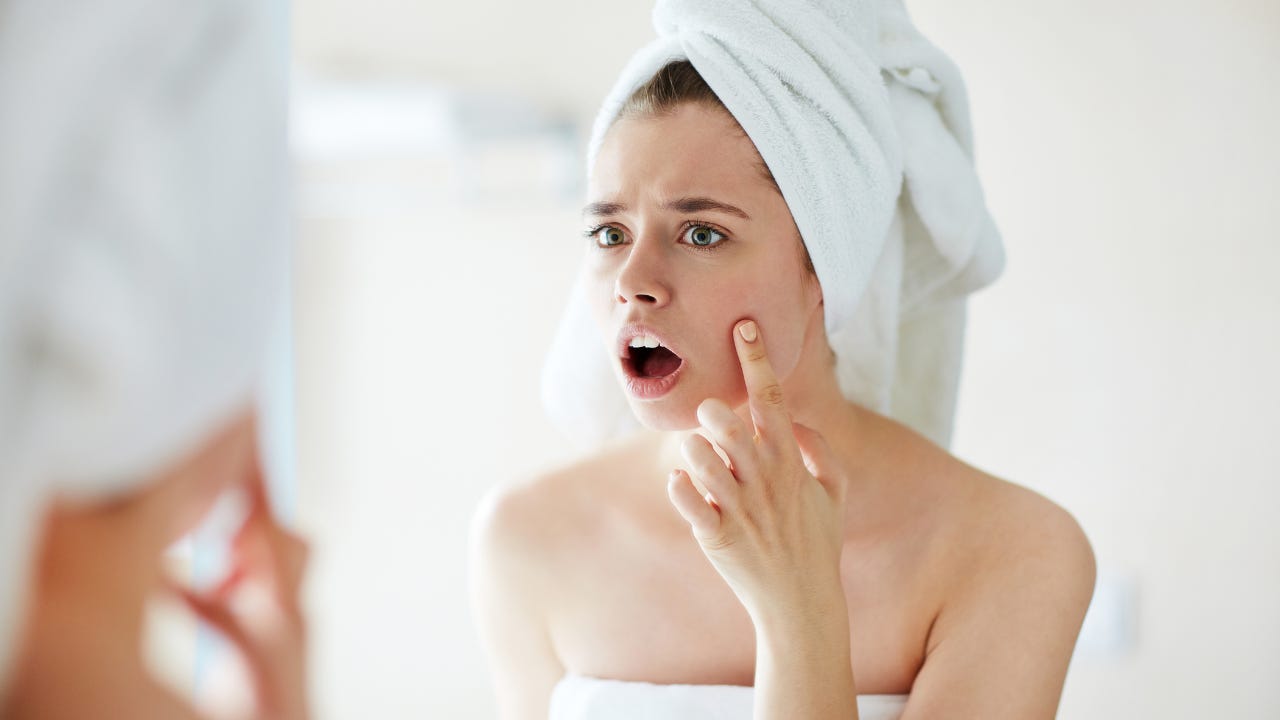Acne: What your doctor didn't tell you
Acne is not just a skin condition, oftentimes, an unhealthy gut, an overburdened liver can be at the root. Find out the root causes in this article
Acne is really unfair. I know, because I had cystic acne for years and tried every standard therapy under the sun, with no lasting results.
You see, our skin is a reflection of what is going on inside our body. So acne is not just a skin disease. It is a symptom, a sign that our body is giving us that things are not right on the inside. Most standard treatments focus on the skin ONLY, and miss important underlying root causes, which is what I'm going to share with you here.
So many people focus ONLY on the skin when they treat acne, using creams, potions, and doctors prescribe antibiotics or even isotretinoin (Accutane) but while these may bring short-term benefits, none of these address the underlying root causes. When the Bandaid comes off, the acne returns.
Obviously, in teenagers, hormonal imbalance is the commonest cause and fortunately for most, acne settles down after puberty. However, there is a growing epidemic of adults with acne. Some of it is genetic, some skin types are acnegenic, but as usual, genetics load the gun but our environment/lifestyle pulls the triggers.
Let’s have a look at what factors can lead to acne and also what we can do about it.
What factors lead to acne?
FOOD – Consuming inflammatory foods like refined sugar, dairy, or foods you are allergic to leads to inflammation. Is it a myth that sugary foods lead to acne? NO! A large study published in JAMA found that a western diet rich in animal products, sugar and dairy was associated with acne in adults.1 Refined sugar spikes your insulin, which then stimulates our ovaries to produce more testosterone. Testosterone increases sebum production which can contribute to acne.





